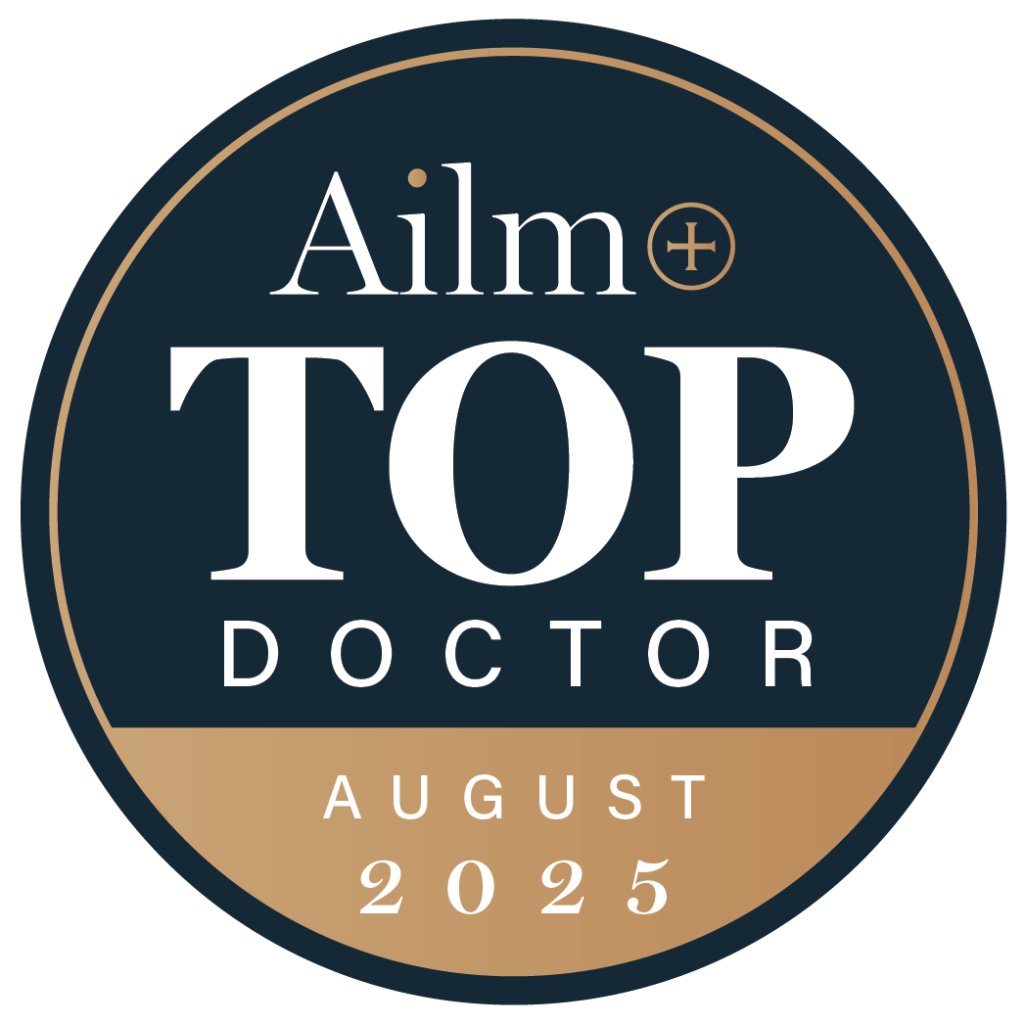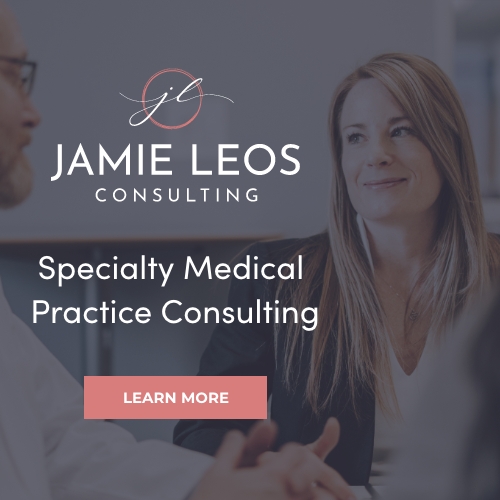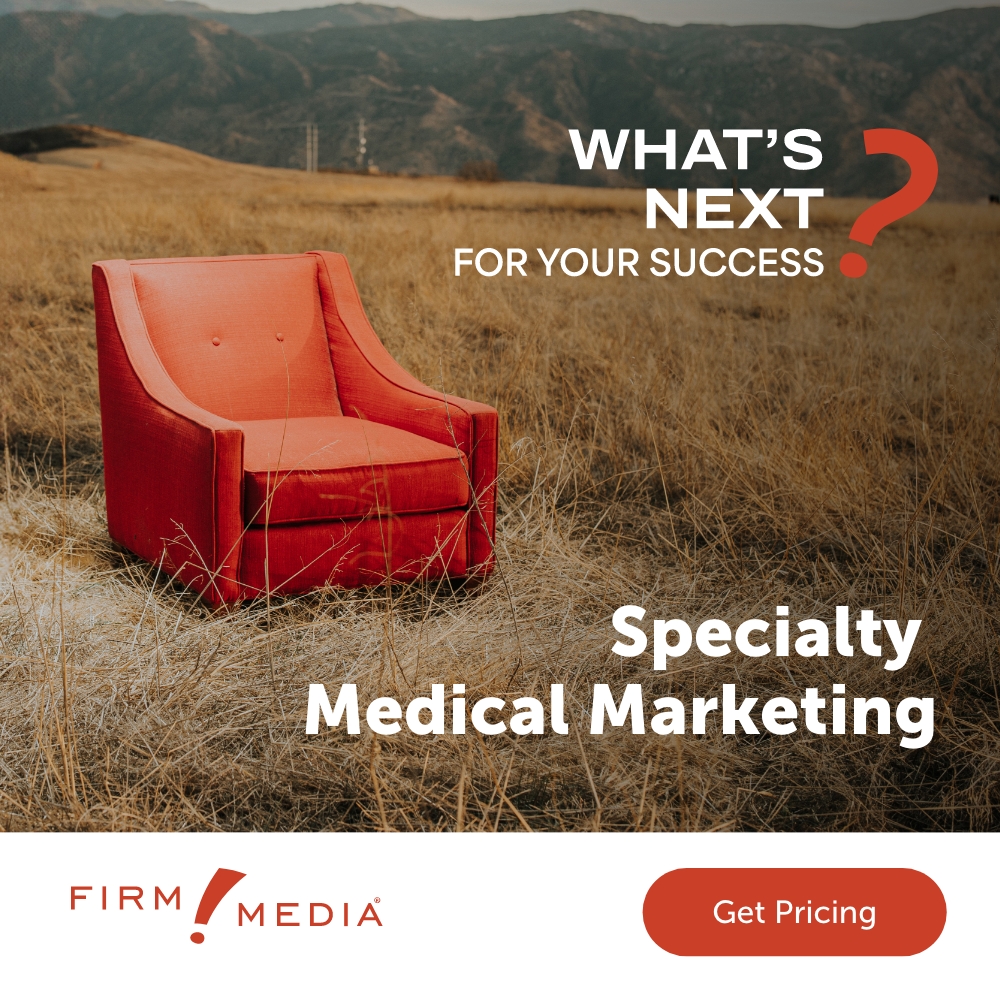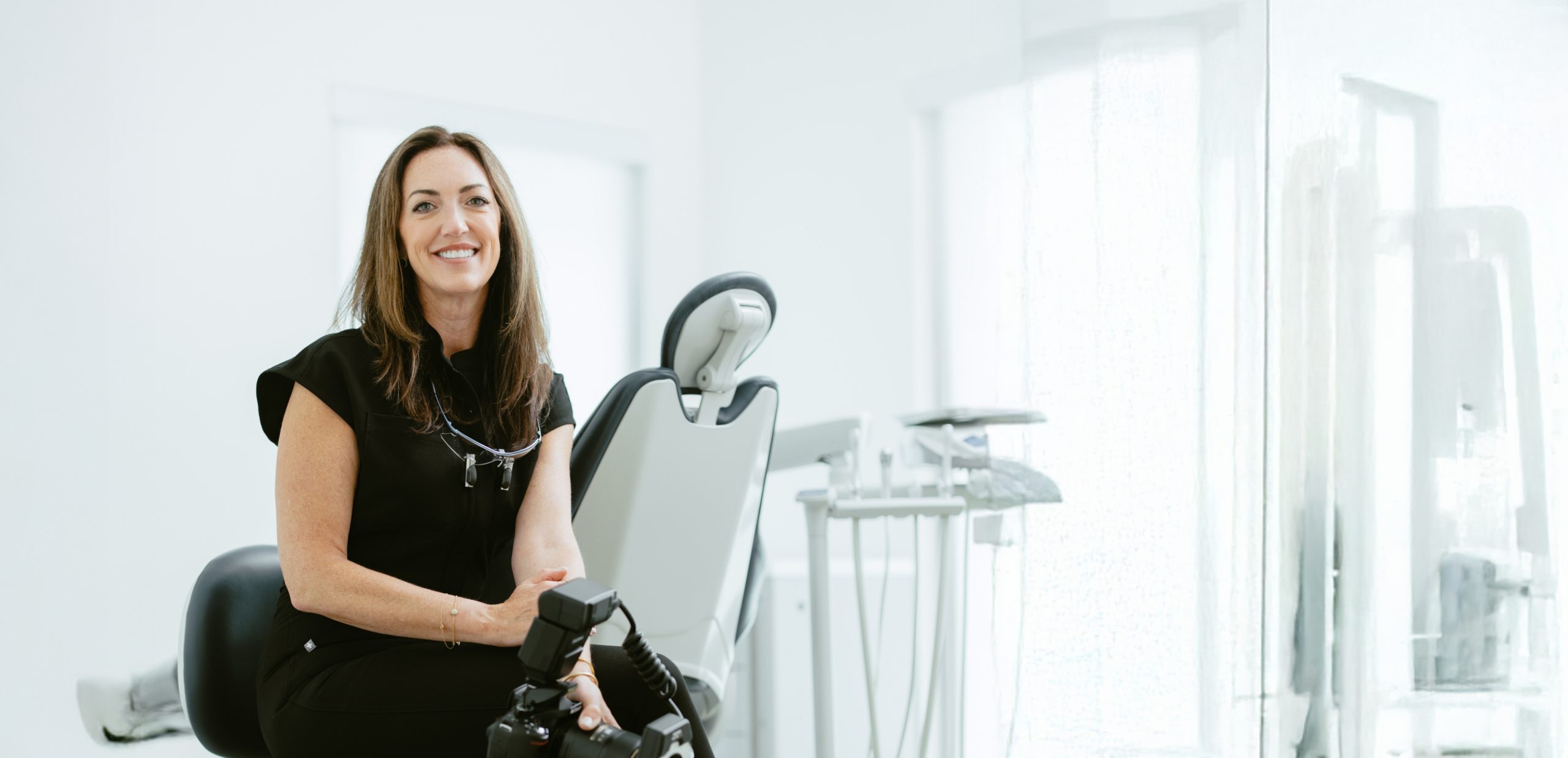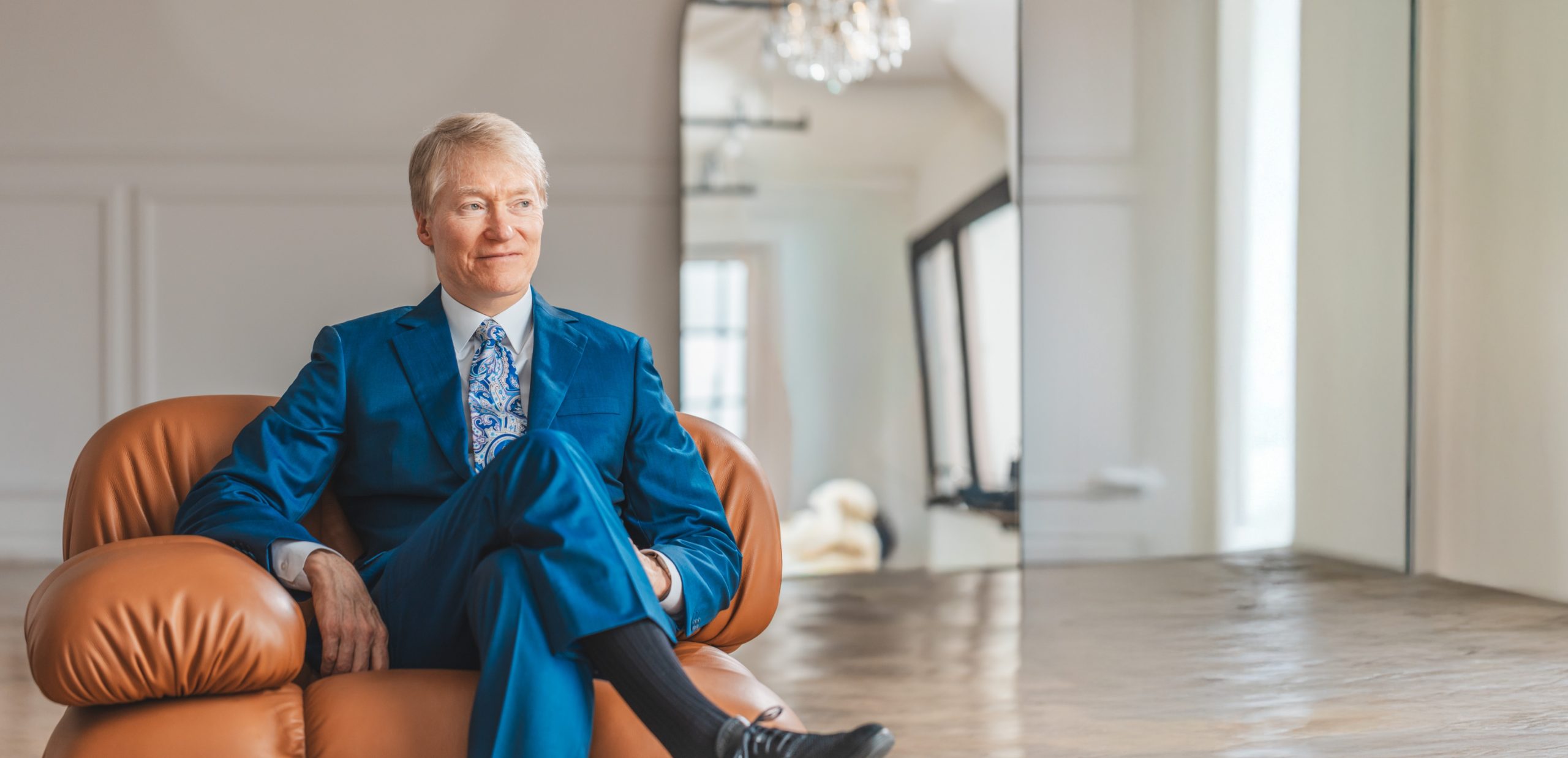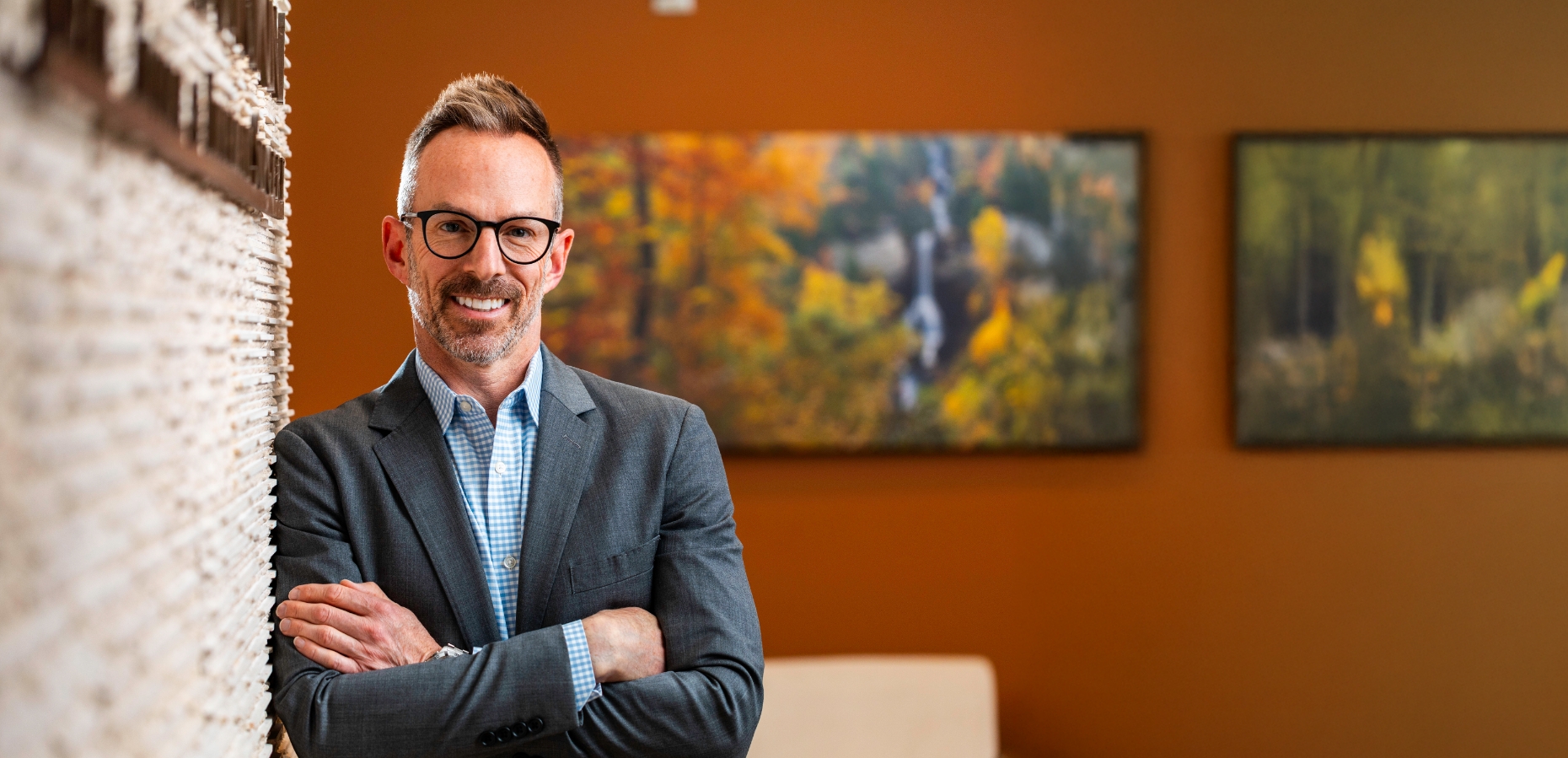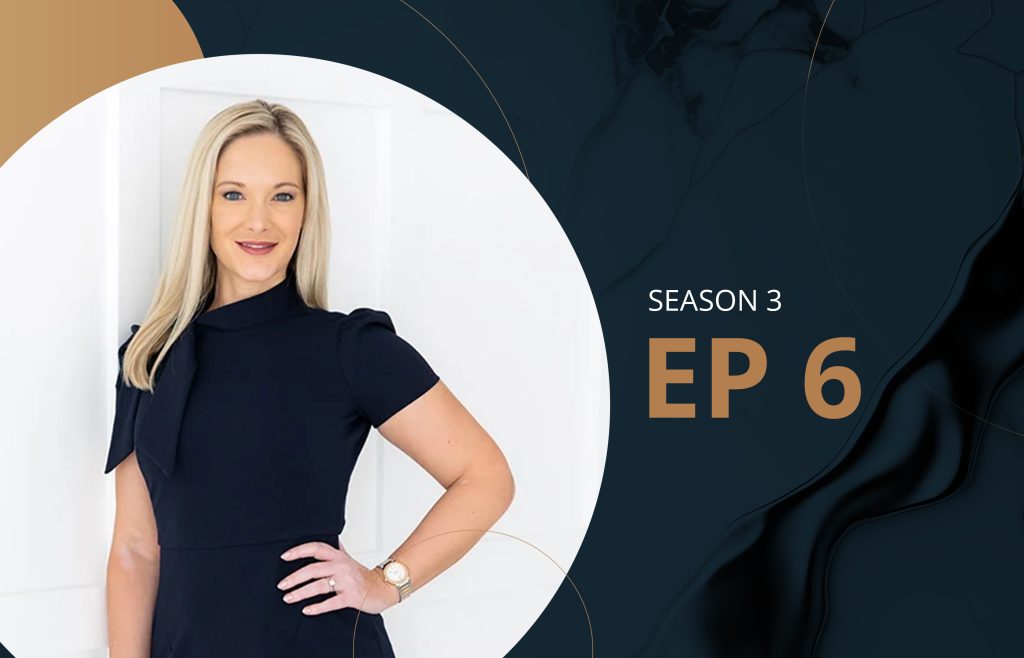Dr. Benjamin Howard: Building Trust Beyond Surgery
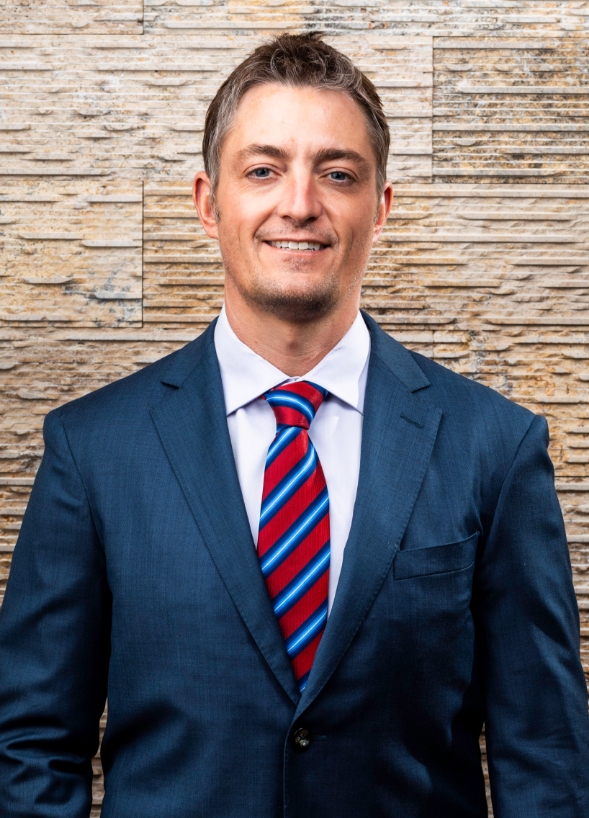
Board-certified oral and maxillofacial surgeon Dr. Benjamin Howard of Longmont Oral, Facial & Implant Surgery in Longmont, Colorado, has dedicated his career to redefining patient care through education, empowerment, and genuine connection with patients. From treating trauma patients in the OR to helping anxious patients overcome years of dental fears, Dr. Howard’s approach centers on honest communication and collaborative decision-making.
Read on to discover how his philosophy of complete transparency, combined with compassionate care, creates lasting relationships that extend far beyond the treatment room.
Top Doctor August 2025
Interviewer:
What drew you to oral surgery and ignited your passion for helping people transform?
Dr. Howard:
Beyond the desire to help people, what specifically attracted me to oral surgery was the diversity of care and the ability to tailor my career. I might be treating trauma patients in the hospital, or I might be in the office with someone who’s technically facing something simple, like a tooth extraction, but they carry trauma and anxiety from past experiences. I talk to them, hear them, listen to them, and find a path forward. They likely have a surgical need to address. The short-term goal is to guide them through the process and accomplish this successfully and safely. The long-term goal, however, is to hopefully help them rebuild trust and reduce anxiety around healthcare providers and future care.
Interviewer:
How do you consider the whole person when developing treatment plans?
Dr. Howard:
I empower patients by educating them and encouraging them to be active participants in their treatment decisions. One of the pitfalls in practice is thinking we, as doctors, know what’s best and only presenting one option. Often, there’s more than one path forward. I listen first to understand what brought them in and their goals for treatment. Then I work with them to develop treatment that meets their needs, or if necessary, help them understand and adjust their expectations.
I believe in complete transparency. For instance, if someone wants a dental implant, I want to make sure it’s a good option for their needs. I also do my best to explain upfront whether it’s straightforward or perhaps a multi-stage process requiring multiple surgeries and more time. Some people change their minds after hearing this, and that’s okay.
Interviewer:
What key principles guide your approach to treatment?
Dr. Howard:
We focus on educating and empowering patients to make decisions about their own care. However, we also place a strong emphasis on our team and internal environment. If you overlook your team, patient care suffers as a result. We maintain an environment that’s caring, professional, and, when appropriate, fun—qualities that reflect both internally and outwardly to our community.
For leadership and life, we lead with integrity—say what you do and do what you say. Our practice mission statement is: “Through knowledge, kindness, and respect, our team strives to provide the highest level of care for our patients, their families, and our community.” We took time as an entire team to craft language that reflects what we actually do.
Interviewer:
Can you share a patient encounter that shaped your approach to oral surgery?
Dr. Howard:
I think of Atlas, a patient from about five years ago. As oral and maxillofacial surgeons, we often do not form lengthy relationships with patients. Atlas was different. He and I got to know each other over many years. We actually had quite a few things in common. He had significant health issues and chronic pain. Even to touch him caused pain. He had been poked and prodded for years and genuinely disliked healthcare environments and providers. His teeth were broken down due to a host of autoimmune diseases and severe dry mouth. Every extraction was challenging because everything broke, came out in pieces, and he didn’t heal well. We found common ground. He owned his situation and grew to know that I was really just trying to help him navigate it in some small way.
He passed away about a year ago. His wife called to let us know and to express her gratitude for the years of compassionate care we had provided. Despite all the challenges and complex procedures, she wanted us to know how much it meant to them that we treated Atlas with dignity and found ways to connect with him. We couldn’t change his medical condition or rewrite his story’s ending, but knowing we made those difficult years a little easier—that’s what this work is really about.
Interviewer:
What key takeaways do you hope Ailm Atelier™ readers will gain from your story?
Dr. Howard:
I would encourage patients to advocate for themselves and find providers who truly listen and support informed decision-making. If your goals don’t align with what’s realistic, it’s better to know upfront. For providers, be completely transparent from the beginning and manage expectations honestly. Building trust through honest communication and genuine connection ultimately creates better outcomes for everyone involved.
